We offer a range of Master's by Research funded by different sources, such as research councils, industries or charities. As a MSc-R student, you will become a valued member of a research group. Here you will work with internationally respected academics, post-doctoral research associates and technicians. Find out more about our research groups below.
How to Apply
To apply for a funded Master's by Research, please read the advertised project information carefully as requirements will vary between funders. The project information will include details of funding eligibility, application deadline dates and links to application forms. Only applicants who have a relevant background and meet the funding criteria can be considered.
Current Master's by Research Opportunities
Current Master's by Research Opportunities List accordion
Supervisors
Professor Carly Stevens
Professor Richard Bardgett
Project Description
Limestone pavements are a rare and highly protected habitat which support many rare species. However, despite their importance for nature conservation they have received very little research attention. In particular, we know very little about the soils of limestone pavements. This project aims to gain a better understanding of the soils in limestone pavements including the distribution of soil depths, nutrient concentrations, biota and other soil properties. The project also aims to assess the vulnerability of pavement soils to nutrient enrichment. By gaining a better understanding of the soils of limestone pavements we can begin to understand which pavements are most likely to be vulnerable to global change, including changes in management.
General eligibility criteria
Enthusiasm, independence, self-motivation, curiosity and the ability to communicate to a range of audiences are all distinctly advantageous qualities for a MSc-R. Applicants would normally be expected to hold a minimum of a UK Honours degree at 2:1 level or equivalent in a relevant degree course. However, applicants who have gained experience in relevant fields through non-traditional routes are strongly encouraged to apply. We particularly welcome applications from Black, Asian or Ethnic Minorities candidates, candidates who are in the first generation of their family to go to university, candidates who have been in care or who have been a young carer, and candidates from a low-income background.
English language requirements for international students.
Project specific criteria
The successful candidate will have an undergraduate degree with a minimum of a 2:1 in a relevant subject and a passion for soils and ecology. You will be joining an active research group with other Master's and PhD students working in similar areas. You can see more about the research group and the work we do.
This Master's by Research project can be undertaken on a part-time or full-time basis.
Studentship funding
The tuition fees and research costs are funded by Joint Nature Conservation Committee (JNCC) but there is no stipend.
Unfortunately, funding is not available to cover fees for non-UK students.
Dates
Deadline for applications: 2 September
Provisional Interview Date: To be confirmed
Start Date: 1 October 2025
Application process
- Download the LEC Funded PhD Application Form and LEC Funded PhD Reference Form.
- Complete the Application Form, renaming the document with your 'Name and Application Form' e.g., Joe Bloggs Application Form.
- Submit the completed Application Form and a CV to lec.pgr.applications@lancaster.ac.uk
- Please note only Word or pdf files are accepted.
- Rename the referee form with your ‘Name and Reference’, e.g., Joe Bloggs Reference. Send the renamed reference form to two referees and request them to forward the referee document to lec.pgr.applications@lancaster.ac.uk
- Please note only Word or pdf files are accepted. It is important that you ensure references are submitted by the closing date or as soon as possible.
- You will receive a generic acknowledgement in receipt of successfully sending the application documents.
- Please note that only applications submitted as per these instructions will be considered.
- Please note that, if English is not your first language, you will be required to provide evidence of your proficiency in English. This evidence is only required if you are offered a funded PhD and is not required as part of this application process.
- Please note that, if you do not hear from us within four weeks of the closing date then you have been unsuccessful on this occasion. If you would like feedback on your application, please contact the supervisors of the project.
Submit all applications and references to this email address: lec.pgr.applications@lancaster.ac.uk
Supervisors
Professor Carly Stevens
Professor Richard Bardgett
Project Description
Limestone pavements are a rare and highly protected habitat which support many rare species. However, despite their importance for nature conservation they have received very little research attention. In particular, we know very little about the soils of limestone pavements. This project aims to gain a better understanding of the soils in limestone pavements including the distribution of soil depths, nutrient concentrations, biota and other soil properties. The project also aims to assess the vulnerability of pavement soils to nutrient enrichment. By gaining a better understanding of the soils of limestone pavements we can begin to understand which pavements are most likely to be vulnerable to global change, including changes in management.
General eligibility criteria
Enthusiasm, independence, self-motivation, curiosity and the ability to communicate to a range of audiences are all distinctly advantageous qualities for a MSc-R. Applicants would normally be expected to hold a minimum of a UK Honours degree at 2:1 level or equivalent in a relevant degree course. However, applicants who have gained experience in relevant fields through non-traditional routes are strongly encouraged to apply. We particularly welcome applications from Black, Asian or Ethnic Minorities candidates, candidates who are in the first generation of their family to go to university, candidates who have been in care or who have been a young carer, and candidates from a low-income background.
English language requirements for international students.
Project specific criteria
The successful candidate will have an undergraduate degree with a minimum of a 2:1 in a relevant subject and a passion for soils and ecology. You will be joining an active research group with other Master's and PhD students working in similar areas. You can see more about the research group and the work we do.
This Master's by Research project can be undertaken on a part-time or full-time basis.
Studentship funding
The tuition fees and research costs are funded by Joint Nature Conservation Committee (JNCC) but there is no stipend.
Unfortunately, funding is not available to cover fees for non-UK students.
Dates
Deadline for applications: 2 September
Provisional Interview Date: To be confirmed
Start Date: 1 October 2025
Application process
- Download the LEC Funded PhD Application Form and LEC Funded PhD Reference Form.
- Complete the Application Form, renaming the document with your 'Name and Application Form' e.g., Joe Bloggs Application Form.
- Submit the completed Application Form and a CV to lec.pgr.applications@lancaster.ac.uk
- Please note only Word or pdf files are accepted.
- Rename the referee form with your ‘Name and Reference’, e.g., Joe Bloggs Reference. Send the renamed reference form to two referees and request them to forward the referee document to lec.pgr.applications@lancaster.ac.uk
- Please note only Word or pdf files are accepted. It is important that you ensure references are submitted by the closing date or as soon as possible.
- You will receive a generic acknowledgement in receipt of successfully sending the application documents.
- Please note that only applications submitted as per these instructions will be considered.
- Please note that, if English is not your first language, you will be required to provide evidence of your proficiency in English. This evidence is only required if you are offered a funded PhD and is not required as part of this application process.
- Please note that, if you do not hear from us within four weeks of the closing date then you have been unsuccessful on this occasion. If you would like feedback on your application, please contact the supervisors of the project.
Submit all applications and references to this email address: lec.pgr.applications@lancaster.ac.uk
How the application process works
- Select the project you wish to apply for. You can make informal enquiries to the project supervisors if you wish. Please ensure that you check the application deadline dates and eligibility criteria.
- Complete your application by following the links to the application form. At this stage, you are able to apply for more than one advertised project if you wish.
- After the closing date, the Department will consider all applications. Shortlisted candidates will be invited for an interview. Interviews can be arranged by Teams or telephone. The timescale for this will vary but is in the region of 4 weeks.
- If you are successful at interview for the studentship, you will be invited to formally apply via the admissions portal online. This ensures that you receive a formal offer of admission. Please submit one application only, and state the studentship that you have applied for in the source of funding section.
- Once a formal offer has been made, you will need to check the conditions in your offer letter and supply any outstanding documents by the required deadlines. If your offer is unconditional then this will not apply to you.
Research Groups
-
Atmosphere, Climate & Pollution
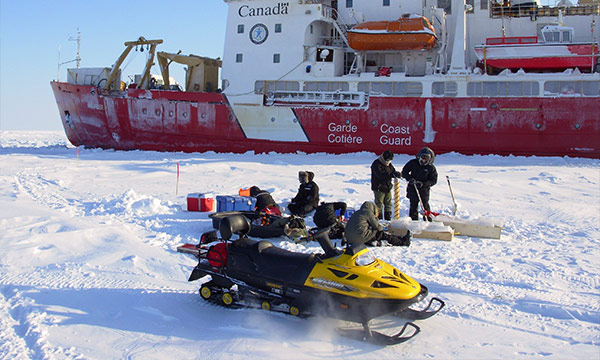
-
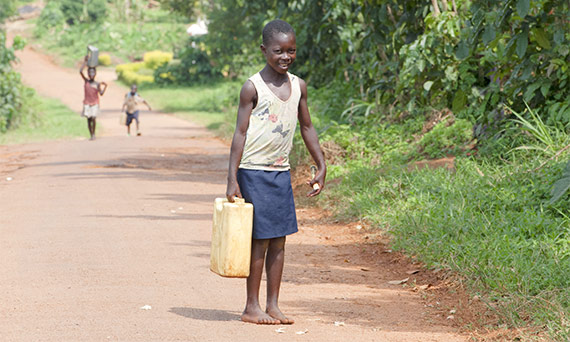
-
Earth Science
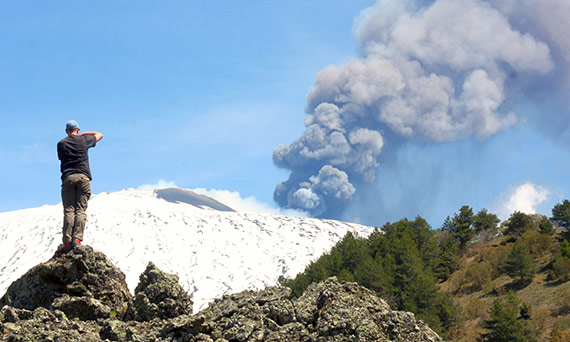
-
Ecology & Conservation
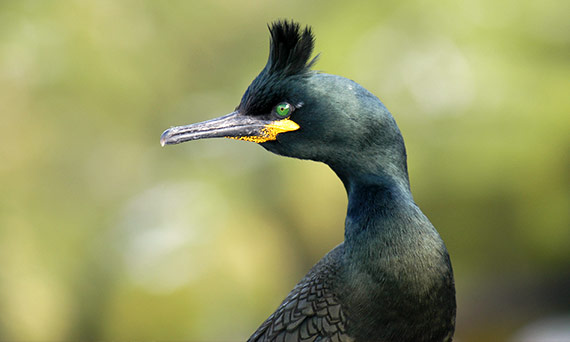
-
Environmental & Biogeochemistry
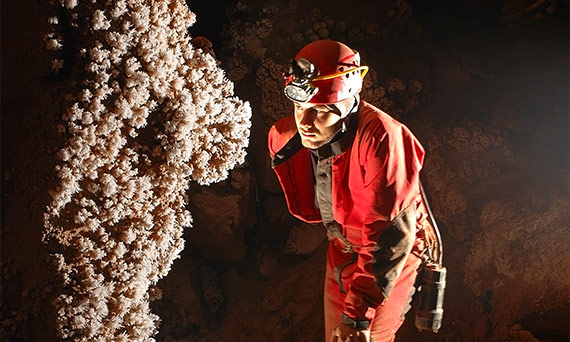
-
Geospatial Data Science

-
Plant & Crop Science
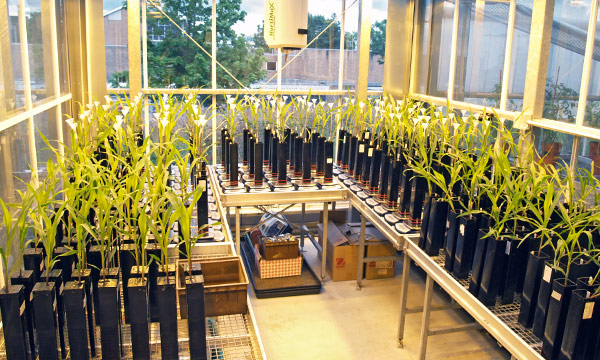
-
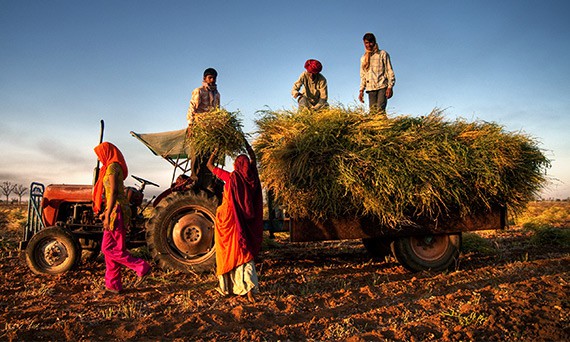
-
Soil, Plant & Land Systems

-
Water Science
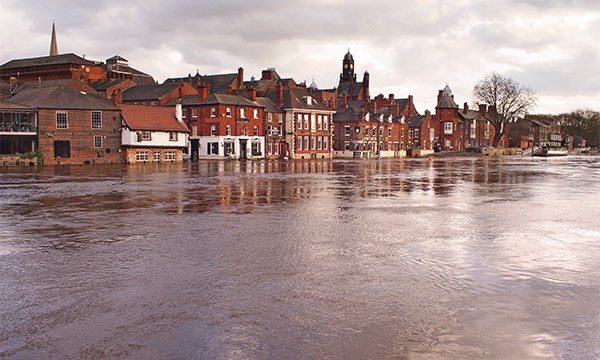
Facilities
-
Laboratories
You will find yourself taking advantage of several laboratory facilities at Lancaster Environment Centre. There are our £4.4 million Teaching Labs, for example, as well as specialist facilities for Environmental Chemistry, Noble Gas, and Plant and Soil Ecology.
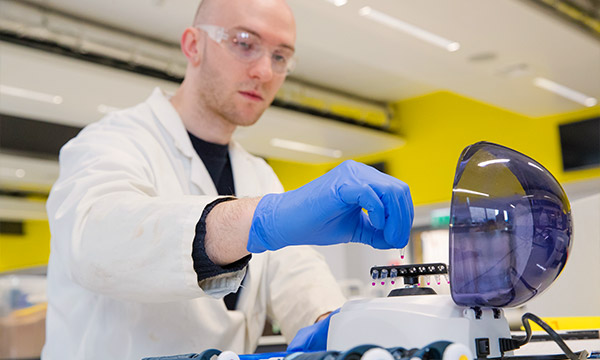
-
Research Facilities
There are no fewer than 15 purpose-built glasshouse modules, 16 controlled environment plant growth rooms, 4 solar domes based at the Hazelrigg Weather Station and a suite of ultraviolet radiation research facilities that can truly claim to be world-class.
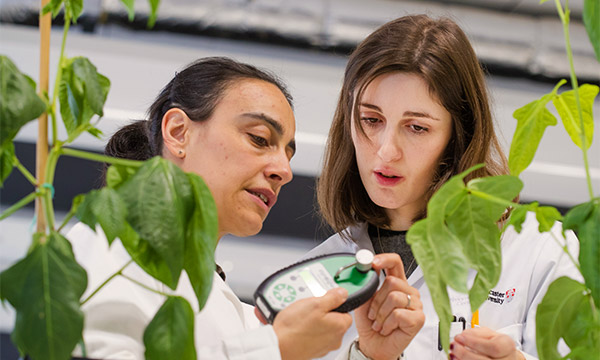
-
Field Sites
You could find yourself working at a range of catchment science sites across England and Wales, including the local River Eden Valley, or they can travel much further afield to the tropical forests of the Amazon and Borneo.
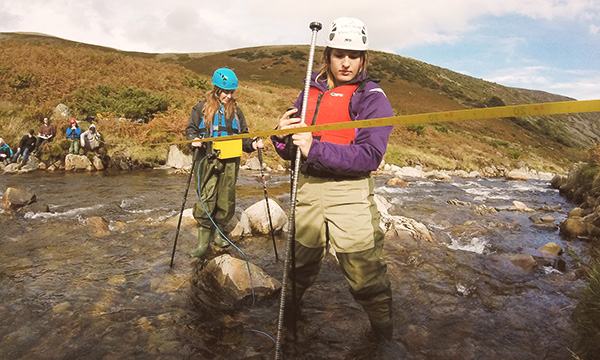
-
Cutting-Edge Technologies
You can be trained to use a range of equipment, such as our Stable Isotope Ratio Mass Spectrometer Facility, X-ray CT Scanner, Magnetometer or the LI-COR Portable Photosynthesis System, which has the capacity to measure plant gas exchange with exceptional speed and precision.
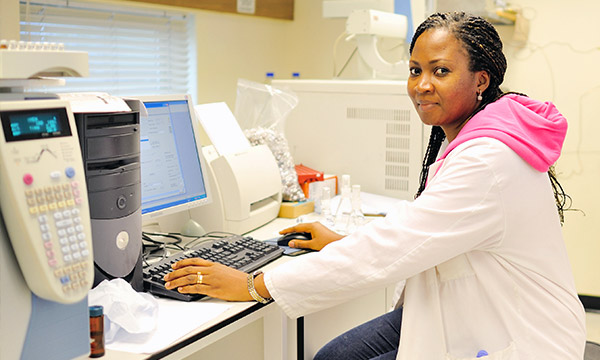
-
Rich Data Resources
Dedicated support staff with expertise in GIS, statistics, modelling, information technology and programming are available to provide specialist training in all aspects of data acquisition, processing and analysis.


